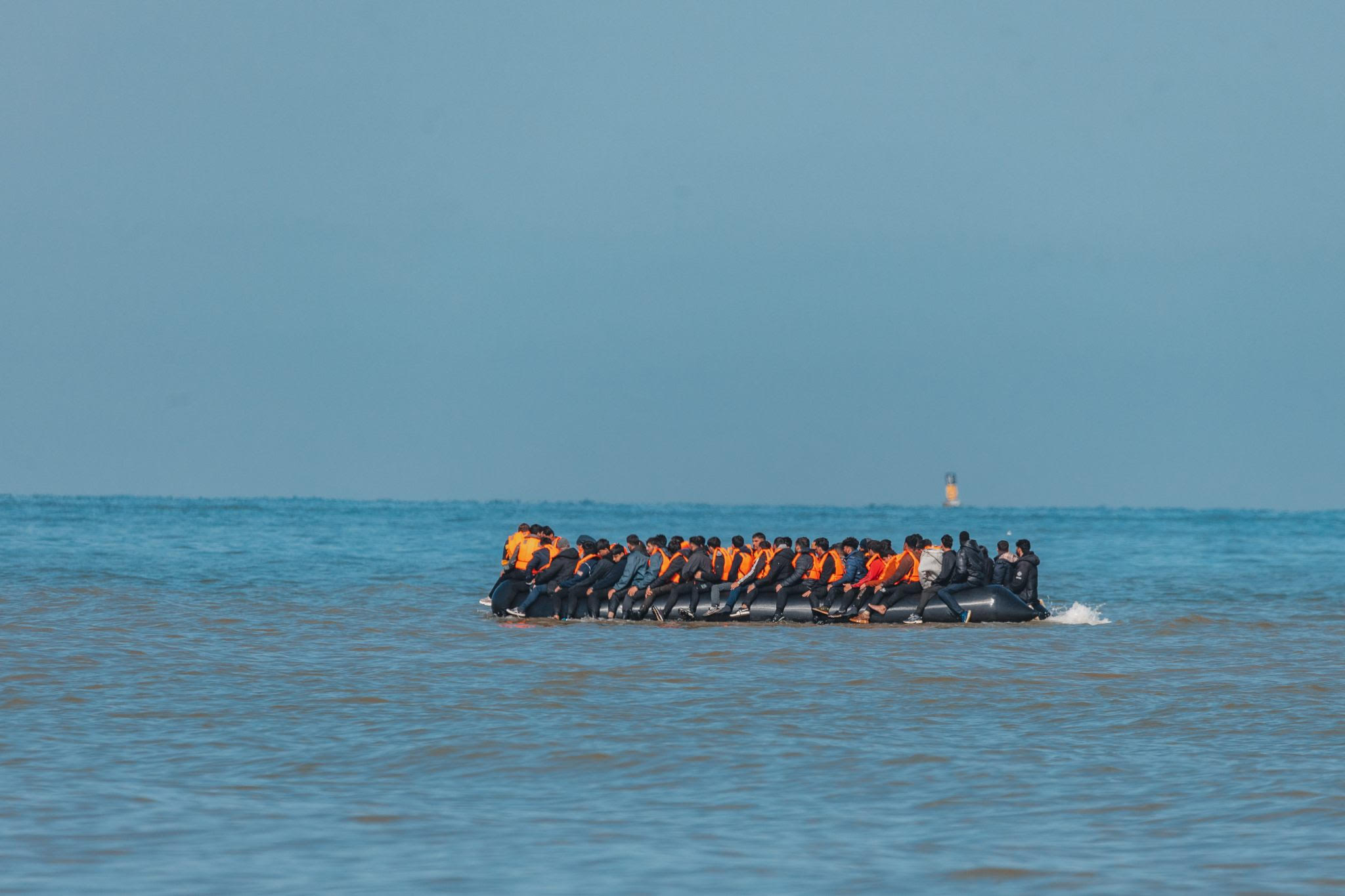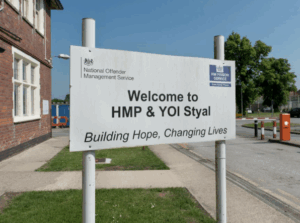Britain has been handed a potential lifesaver in its migrant crisis. Kosovo’s Prime Minister Albin Kurti has stepped forward, offering to accept rejected asylum seekers in return for increased security support from the UK.
Kosovo’s Historic Debt Sparks Offer
Kurti told a Western Balkan summit in London that Kosovo feels an “obligation” to repay Britain for its peacekeeping role in the 1990s during the fight against Slobodan Milosevic’s regime.
“We want to help the UK,” Kurti said. “We consider that is our friendly and political duty. We have limited capacity but still we want to help.”
This marks the first concrete interest in Labour leader Sir Keir Starmer’s controversial plan to create return hubs where failed asylum seekers will be sent after exhausting all appeals.
Deal in the Works – But With Strings Attached
Negotiations between British and Kosovan officials are already underway. Kurti revealed ongoing talks with UK state officials on how to implement the deal smoothly for mutual benefit.
In exchange for accepting deportees, Kosovo expects enhanced security assistance, including military equipment and intelligence sharing, to combat threats from Serbia and Russia.
Kurti admitted Kosovo has “limited capacity,” signalling the country could only take a modest number of migrants, unlike previous ambitious schemes such as Rwanda’s.
Balkan Nations Show Mixed Reactions to UK Return Hub Plans
- Montenegro is cautiously open but demands significant UK investment in infrastructure before hosting a return hub.
- Bosnia and Herzegovina flatly rejected any involvement, calling it a non-starter.
- Albania said a firm “Never in Albania,” despite being a major source of migrants crossing the Channel.
This reveals Balkan nations’ mixed willingness, often tied to financial or political benefits, amidst Starmer’s efforts to replicate aspects of the scrapped Rwanda deportation plan.
Reality Check: Legal, Practical, and Political Hurdles Loom
Though promising, the Kosovo deal faces stiff obstacles:
- International law demands proper asylum processing, not just warehousing deportees.
- Kosovo’s limited resources question whether it can provide adequate accommodation and legal services.
- Human rights concerns arise from sending migrants to a region still plagued by ethnic tensions and security risks.
- Starmer risks accusations of hypocrisy for adopting policies similar to the “cruel and unworkable” Rwanda plan he once condemned.
With Kosovo able to host only a few hundred, the deal may do little to deter migrants or tackle smuggling gangs exploiting Channel crossings.
Migration Meets Geopolitics in Balkans
This offer exposes the transactional nature of migration politics. Kosovo leverages Britain’s migrant crisis to secure military and intelligence support against Serbia and Russia.
As the UK races to find partners after Rwanda’s plan collapsed, Starmer’s government faces growing questions about the effectiveness, ethics, and costs of its return hub strategy.





































